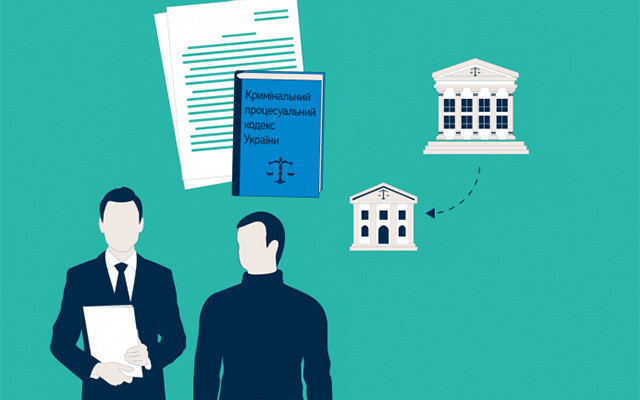
The applicant's criminal advocate may lodge an appeal — SC

The Court of Appeal committed a substantial violation of criminal procedural law by returning the advocate's complaint due to a formal interpretation of the applicant's lack of right to have a representative. This restricted the guaranteed right to appeal and access to justice.
This conclusion was reached by the Criminal Cassation Court of the Supreme Court in case No. 752/21713/23.
The relevant decision of 15 May 2025 was published in the Unified State Register of Court Decisions.
The advocate appealed in court against the decision to close the criminal proceedings in the interests of her clients, who had reported a crime. The court of first instance dismissed the complaint, after which the advocate filed an appeal. However, the court of appeal returned it, citing that, according to paragraph 3 of part 1 of Article 303 of the Code of Criminal Procedure, an advocate, as the representative of the applicant, does not have the right to appeal. The advocate then appealed to the court of cassation, arguing that the return of the appeal violated the right to professional legal assistance and access to justice.
Having examined the case file, the Criminal Cassation Court of the Supreme Court recalled that an appeal is returned if it is filed by a person who does not have the right to file an appeal (Article 399(2)(3) of the CPC). At the same time, the relevant decision of the court of appeal must be duly substantiated, stating the reasons.
Although Article 60 of the CPC does not provide for the right of the applicant to have a representative, according to Article 6 of the Convention for the Protection of Human Rights and Fundamental Freedoms, everyone is guaranteed the right to a fair trial, which includes the right to have their case heard. The European Court of Human Rights in the case of Volovik v. Ukraine stated that the state is obliged to ensure that fundamental guarantees are observed during the examination of cases in appellate courts. In doing so, the procedural unity of the judicial proceedings and the role of the appellate court must be taken into account.
The Constitution guarantees the right to professional legal assistance. Everyone is free to choose a defender of their rights.
Article 21 of the CPC provides for the right to a fair trial and resolution of a case. Everyone has the right to participate in the consideration of a case concerning their rights and obligations in a court of any instance.
At the same time, the right to appeal procedural decisions, actions or inaction of the court, investigating judge, prosecutor, investigator is enshrined in Article 24 of the CPC. In particular, the right to review a judgment or court ruling concerning the rights, freedoms or interests of a person by a higher court is guaranteed, regardless of whether that person participated in the court proceedings.
As can be seen from the provisions of paragraph 3 of part 1 of Article 303 and part 2 of Article 309 of the CPC, the decision of the investigator to close criminal proceedings may be appealed by the applicant. During the pre-trial investigation, the decisions of the investigating judge to dismiss a complaint against a ruling to close criminal proceedings may be appealed.
Guided by these provisions, the CCU of the SC concluded (decision of 15.05.2025 in case No. 752/21713/23) that the judge of the appellate court, in rendering the decision, had reached premature conclusions about the need to return the appeal of the applicants' representative, an advocate.
In the opinion of the panel of judges, this violation is significant because it prevented the court of appeal from making a lawful and well-founded decision. This is grounds for overturning such a court decision.
© 2025 Unba.org.ua Всі права захищені
"Національна Асоціація Адвокатів України". Передрук та інше використання матеріалів, що розміщені на даному веб-сайті дозволяється за умови посилання на джерело. Інтернет-видання та засоби масової інформації можуть використовувати матеріали сайту, розміщувати відео з офіційного веб-сайту Національної Асоціації Адвокатів України на власних веб-сторінках, за умови гіперпосилання на офіційний веб-сайт Національної Асоціації Адвокатів України. Заборонено передрук та використання матеріалів, у яких міститься посилання на інші інтернет-видання та засоби масової інформації. Матеріали позначені міткою "Реклама", публікуються на правах реклами.